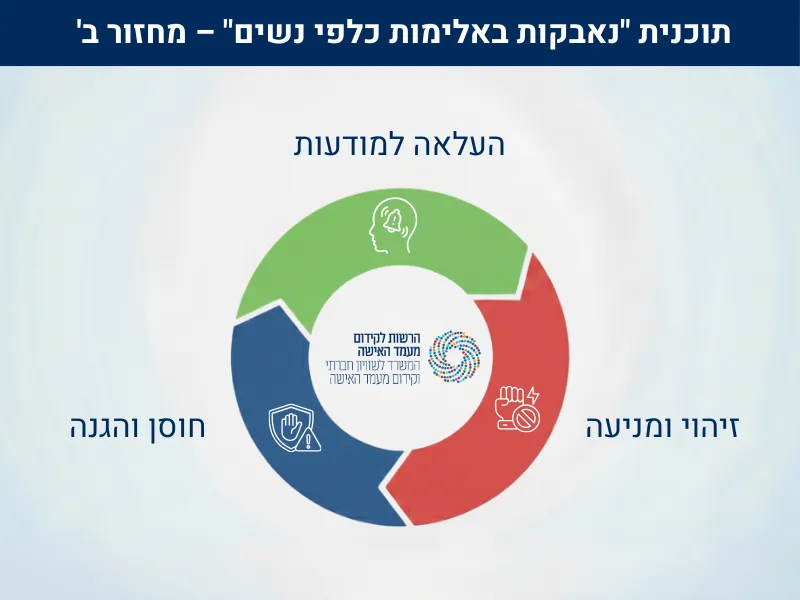Jerusalem, 29 September, 2025 (TPS-IL) — israeli scientists have identified a new drug candidate that could reshape the fight against lung cancer by targeting tumors without harming healthy cells, Hebrew University of Jerusalem announced on Monday.
The compound, known as AVJ16, blocks a cancer-driving protein called IGF2BP1, which is found in many aggressive tumors but not in healthy adult tissue. By shutting down this protein, researchers say AVJ16 halts tumor growth, prevents spread, and triggers cancer cell death while sparing normal lung tissue.
“What excites us about AVJ16 is its precision,” said Prof. Joel K. Yisraeli of the Hebrew University Hadassah Medical School, whose lab led the study. “Unlike traditional chemotherapy that harms both cancerous and healthy cells, this molecule zeroes in on tumors carrying IGF2BP1, making it a highly promising candidate for future targeted therapies.”
lung cancer is one of the most common forms of cancer. According to the World Cancer Research Fund, more than 2.4 million new cases of lung cancer were reported worldwide. Despite advances in surgery, radiation therapy, chemotherapy, and various drugs, the five-year survival rate for lung cancer is approximately 22% in the U.S., according to the National Institutes of Health.
The Israeli study, published in Oncogene, was conducted by PhD student Nadav Wallis under Yisraeli’s supervision. It highlights how IGF2BP1 acts as a “master switch” in cancer cells, stabilizing RNAs that fuel tumor growth, invasion, and resistance to treatment. AVJ16 disrupts this process, effectively silencing multiple cancer-promoting pathways at once.
IGF2BP1, or Insulin-like Growth Factor 2 mRNA-Binding Protein 1, is an RNA-binding protein that regulates the stability, localization, and translation of specific RNAs in cells. Normally active during embryonic development, it is largely absent in healthy adult tissue. In cancer, IGF2BP1 is often reactivated and drives tumor progression by stabilizing RNAs that promote growth, invasion, and therapy resistance, supporting aggressive tumor behavior.
In lab experiments, AVJ16 significantly reduced the growth of lung cancer cells and limited their ability to invade surrounding tissue. More striking results came from preclinical models implanted with human lung adenocarcinoma cells, where injections of the drug nearly eliminated tumor growth and metastasis.
The compound was also tested on patient-derived tumor organoids—miniature 3D models created from human lung tumors. In these tests, AVJ16 selectively killed cancer cells expressing IGF2BP1, leaving healthy lung cells unharmed.
“These results give us hope that we may finally have a way to drug RNA-binding proteins, which for decades were thought to be undruggable,” Wallis said. “It could represent an entirely new class of targeted therapies.”
While the research is still in the preclinical stage, Yisraeli said AVJ16 and similar compounds could potentially be adapted to treat cancers such as liver, ovarian, and pancreatic tumors, where IGF2BP1 is frequently overexpressed.
For now, the discovery offers fresh optimism.
“We are still early in the journey,” Yisraeli noted, “but AVJ16 gives us a glimpse of a future where lung cancer treatment is both more effective and less damaging to patients.”































